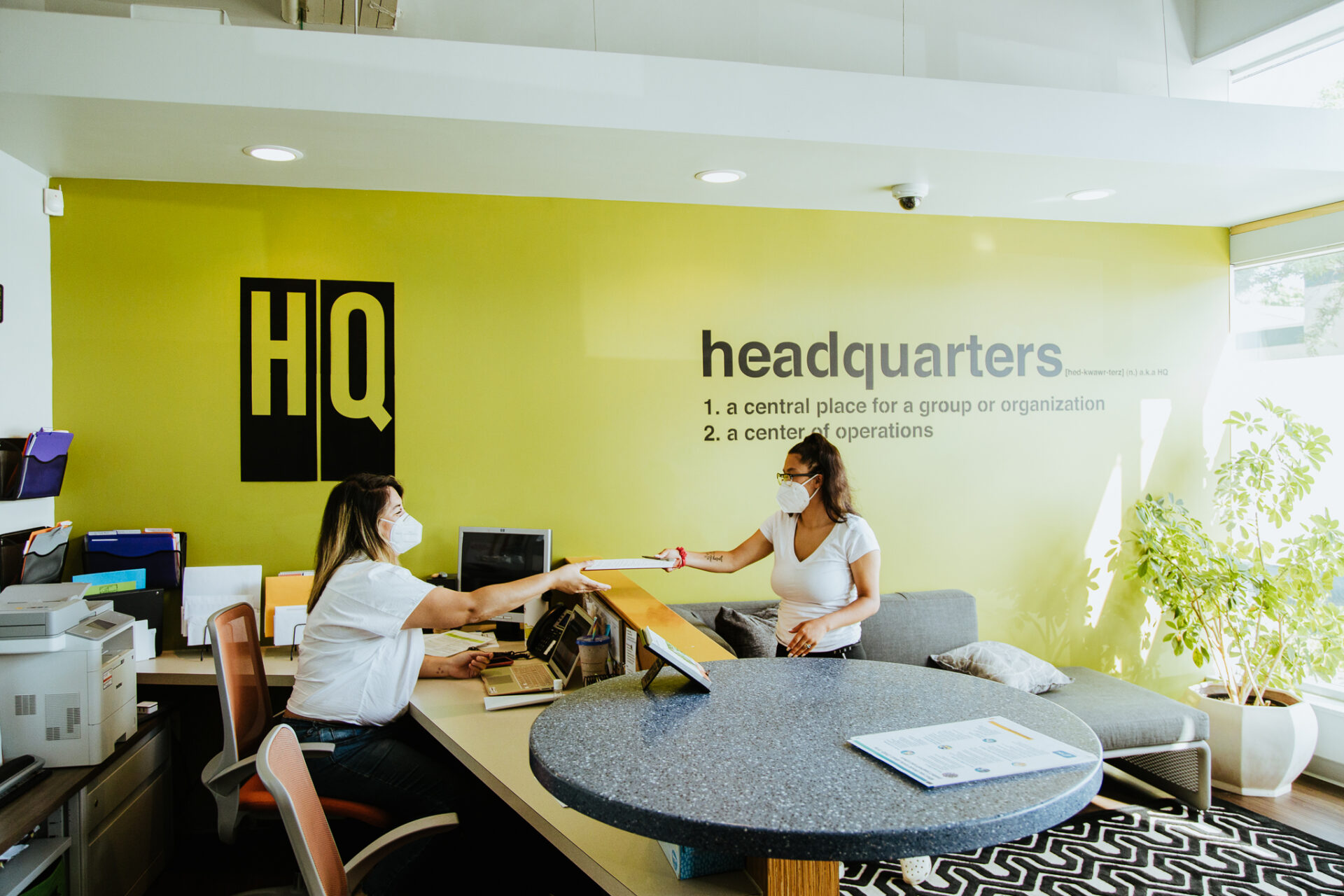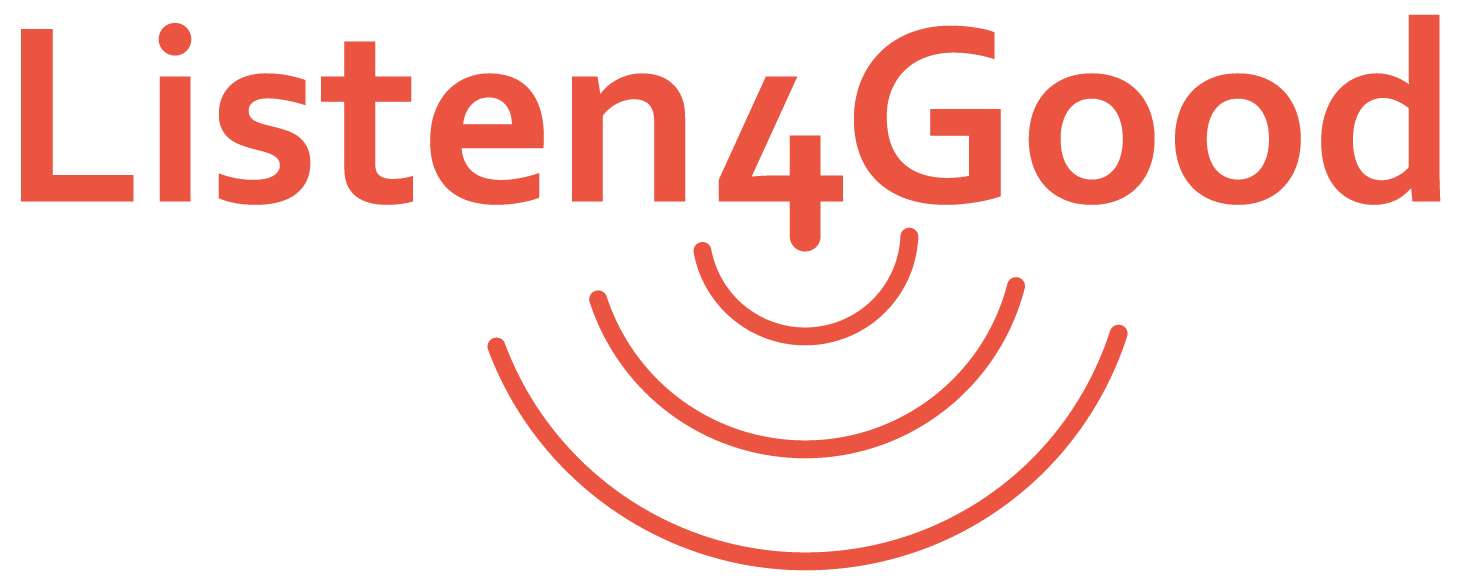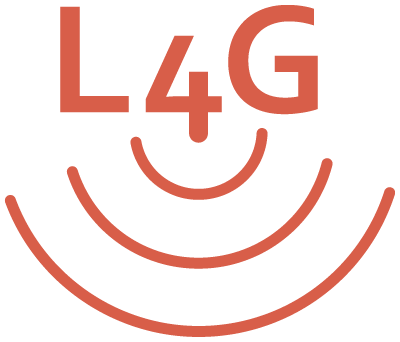- Guides & Toolkits
How To Use Client Feedback To Improve Services: A Conversation with a Funder and a Nonprofit
March 31, 2023
- Acting on Feedback
- Data and Impact
- Philanthropy

By Betina Jean-Louis, PhD, Kendra Avila, MSW, Megan Murphy
Why do nonprofits and funders decide to participate in Listen4Good? And how does the process of gathering and using actionable client feedback help them to deliver on their missions and advance equity?
In this interview with leaders at two Michigan-based organizations, Listen4Good coach Betina Jean-Louis explores the benefits of the Listen4Good feedback process as a component of essential capacity building. She is joined by Kendra Avila, Housing Manager at A.Y.A. Youth Collective and Megan Murphy, Director of Community Health Impact at Michigan Health Endowment Fund, commonly known as The Health Fund.
L4G: Thank you for taking the time to speak to us. Could you each tell us about your organizations?
AYA YC: A.Y.A. Youth Collective creates communities, rooted in belonging, for youth experiencing instability and homelessness. We have a drop-in center for youth ages 14-24 who are experiencing unsafe/unstable housing. We also have housing units for youth ages 18-24. A.Y.A. stands for As You Are, and it is a commitment that every youth will find resources and authentic relationships to own their future.
THF: The Health Fund is a philanthropic foundation focused on improving the health of Michigan residents, especially children and older adults. We make grants to nonprofits and agencies working on issues like nutrition, behavioral health, caregiving, and community-driven health initiatives.
L4G: Listen4Good’s capacity building program typically helps organizations gather and analyze client feedback data for fundraising, strategic decision-making, and advancing equity goals. Kendra, can you tell us why A.Y.A. Youth Collective decided to participate in Listen4Good?
AYA YC: In January 2020, we merged two organizations – 3:11 Youth Housing and HQ Drop-In Center – to become A.Y.A. Youth Collective.
Our Drop-In program is a resource for youth ages 14-24 who are experiencing a housing crisis, or who just need basic resources, people to love and accept them as they are, and a place to belong.
After the merger, we were looking for a way to create an equitable evaluation process that allowed youth to openly share how they experienced Drop-In.
Once The Health Fund learned of this initiative, they graciously gave our organization the opportunity to participate in Listen4Good.
L4G: As a funder, how does The Health Fund decide which organizations to invite to learn more about Listen4Good and other capacity-building opportunities?
THF: We invite any organization we partner with to learn more about Listen4Good and other capacity building opportunities. We want our partners to be able to self-select into any capacity-building opportunities we offer and will never require an organization to participate in any of those programs. We don’t work within those organizations or necessarily know their challenges, and we’re not representative of every community in Michigan, so we never want to assume we know what their needs are or what their capacity building priorities are.
L4G: How do you share the opportunity with your grantee partners?
THF: We send out an email to each of our grantees notifying them of the opportunity. We also talk to them about what we have to offer during our check-in calls or other touchpoints, and follow up with more information. We want to ensure that these resources are available when they’re most useful to the organization.
L4G: Kendra, prior to your participation in Listen4Good, how did A.Y.A. obtain feedback from youth in your programs? And how did Listen4Good support you in getting feedback?
AYA YC: Previously, our feedback loops were created internally. We worked with Michigan School of Social Work interns, and staff completed listening sessions with young people.
However, we found that there is a big difference between doing surveys internally and working with Listen4Good. With Listen4Good, we received a high level of support and technical assistance from an expert.
The guidance through each step of the feedback loop process was pivotal. As our feedback coach, Betina, you were amazing! You assisted us with developing our survey and administering it. It was incredibly helpful all around to have someone who was an expert in data and evaluation practices.
L4G: What kind of feedback did you receive?
AYA YC: The positive feedback that we received from youth in the Listen4Good survey was not unexpected. It was affirming for our staff, volunteers, and donors to hear that the overall mission of the A.Y.A. Drop-In program was being achieved and seen by the youth utilizing the A.Y.A. Drop-In center.
A.Y.A.’s most frequently cited strengths about Drop-in were the following: first, it’s a place where youth can access resources and food. Second, it provides a youth-friendly environment where youth feel seen and understood. We summarized our takeaways as 3 Rs:
- Resources: Feedback indicated that youth see A.Y.A. Drop-in as a place to acquire basic needs support and resource navigation, which is one of the core focuses of Drop-In programming.
- Relationships: Youth overall gave positive feedback about connecting with staff and would refer their peers to A.Y.A. Drop-in.
- Rest: Young people indicated that they would like more support in achieving their goal of obtaining stable housing.
L4G: That’s so gratifying for you and your team to hear youth identifying the strengths of the Drop-in Center. Can you share more detail about the areas where youth identified areas for improvement? How did A.Y.A. respond to that feedback?
AYA YC: Excellent question. Youth who completed the survey mentioned that they would appreciate more help and support with transportation. To address some of the transportation barriers, we have recently partnered with a driver’s education instructor to assist youth in getting their driver’s license and permits.
Youth also indicated that there is a need for housing and housing resource navigation. For our second Listen4Good feedback loop, we will be focusing on the A.Y.A. supportive housing program.
L4G: I’m looking forward to A.Y.A.’s second feedback loop, Kendra! Now, I’d like to wrap up by turning back to The Health Fund. Megan, what would be your advice to funders who are thinking about offering to sponsor capacity building for grantees?
THF: The longer you wait to offer capacity building support, the longer your partners have to wait to do the essential work that will keep their organizations operating effectively, efficiently, and sustainably, and the less able they will be to focus on their mission.
L4G: I’d like to thank both the A.Y.A. Youth Collective and The Health Fund for their partnership with Listen4Good. We appreciate the sharing of these insights here. It’s been wonderful to work with you!
To learn more about how Listen4Good can partner with you to support capacity building, schedule a call with us today.

